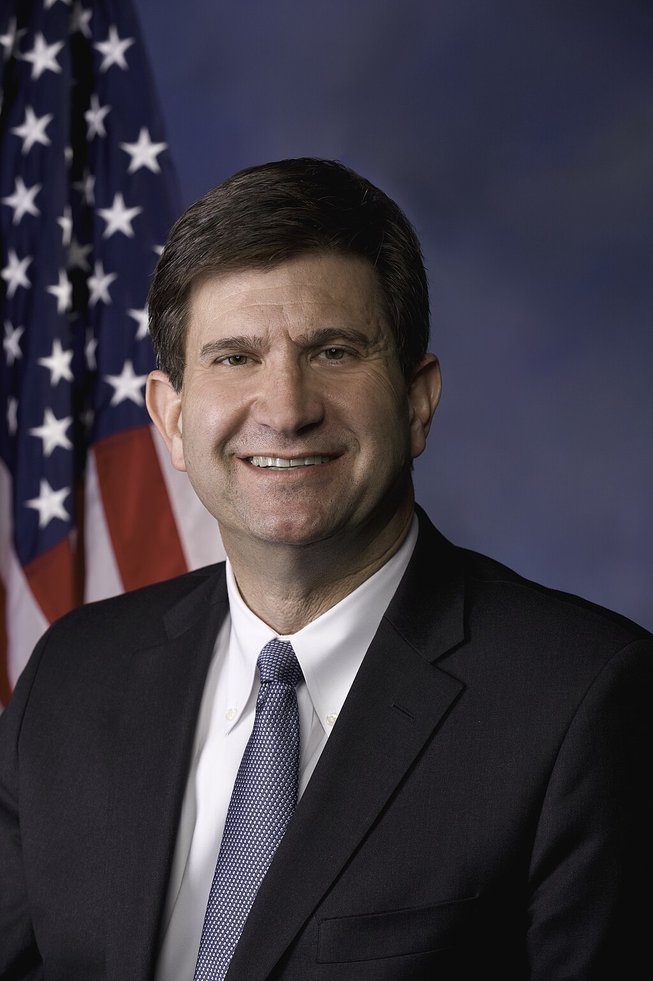H.R. 2300: To ensure national uniformity with respect to certain requirements relating to preterm infant formula, and for other purposes.
This bill aims to create a national standard regarding preterm infant formula in the United States. It includes several key provisions:
1. Study on Preterm Infant Formula
The Secretary of Health and Human Services, through the Commissioner of Food and Drugs, is tasked with conducting a study that covers:
- The availability of preterm infant formula in the U.S.
- Current federal and state laws and regulations affecting preterm infant formula, which include aspects such as design, clinical testing, formulation, manufacturing, and safety.
- An evaluation of whether the Federal Food, Drug, and Cosmetic Act should be updated to require premarket approval for preterm infant formula from the FDA.
- If premarket approval is recommended, the bill should outline a process for obtaining this approval.
A report on the study's findings must be submitted to Congress within two years of the bill’s enactment.
2. Temporary Preemption of State Laws
The bill includes a provision that temporarily prevents state governments from establishing any requirements for preterm infant formula that differ from or add to federal regulations. This preemption lasts for two years from the enactment of the bill.
Specifics include that no state or local government can implement laws regarding:
- Design and development
- Clinical testing and investigation
- Formulation and manufacture
- Distribution and sales
- Marketing, promotion, packaging, and labeling
- Any aspect pertaining to the safety of preterm infant formula
3. Exceptions to Preemption
There are exceptions to the preemption of state laws. For instance, if there is willful misconduct leading to death or serious injury related to manufactured preterm infant formula, states can still pursue civil or criminal actions against manufacturers. However, in such cases, the burden of proof lies with the plaintiff, who must provide clear evidence of the misconduct.
Additionally, pending civil or criminal actions that seek to enforce preempted state requirements will be dismissed.
4. Definitions
The bill provides certain definitions to clarify terms used within it, including:
- Infant Formula: Defined according to the existing framework under the Federal Food, Drug, and Cosmetic Act.
- Manufacturer: Person or entity involved in preparing, reconstituting, or changing preterm infant formula, or packaging it for distribution, excluding individuals doing so for infants in their direct care.
- Preterm Infant Formula: Formula designed for infants born before 37 weeks of gestation or for low-birth-weight infants.
- Willful Misconduct: Actions taken intentionally for wrongful purposes, or knowingly without justification, creating a significant risk of harm.
Relevant Companies
- PBPC - A company involved in the manufacturing of specialized infant formulas that may need to adapt to new federal regulations if premarket approval becomes mandatory.
- SYNA - Involved in nutritional products for infants, could see shifts in their approval processes for formulas designed for preterm infants.
This is an AI-generated summary of the bill text. There may be mistakes.
Sponsors
3 bill sponsors
Actions
2 actions
| Date | Action |
|---|---|
| Mar. 24, 2025 | Introduced in House |
| Mar. 24, 2025 | Referred to the House Committee on Energy and Commerce. |
Corporate Lobbying
0 companies lobbying
None found.
* Note that there can be significant delays in lobbying disclosures, and our data may be incomplete.
Potentially Relevant Congressional Stock Trades
No relevant congressional stock trades found.


